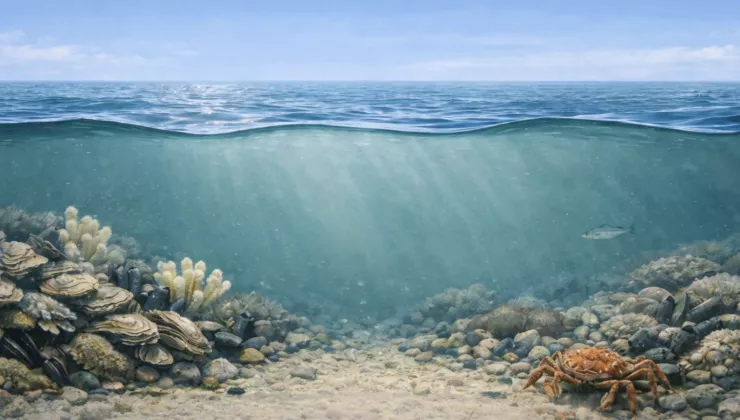SUSANA
Rising sea levels bring nature-based solutions, such as the construction of dunes in front of the seawall, increasingly to the fore. The aim of these nature-based solutions is not only to protect us from floods, but also to deliver other ecosystem services, such as a pleasant environment for recreation, increased biodiversity, less sand nuisance behind the dunes, etc.
The SUSANA project (Sustainable use of sand in nature-based solutions) aims to develop a coupled model to weigh the pros and cons of such solutions. This model can help develop a long-term strategy for the sustainable use of sand in nature-based solutions.
The project focuses on two aspects of sustainability: (re)using lower-quality sandy material; and minimising the effects of sand extraction.
The project’s specific research questions are:
- To what extent can alternative sand sources deliver the necessary ecosystem functions and services in a dune in front of a seawall?
- What is the impact of various sand extraction regimes on the ecosystem functions and services of the soil ecosystem on the various sand banks, both on the extraction site and on the more distant valuable gravel beds?
On this basis, a coupled ecosystem service model will be developed, with which the pros and cons of the construction of a dune in front of a seawall and the associated sand extraction can be weighted.
Partners: University of Antwerp (coordinator), Ghent University, Catholic University of Leuven, ILVO (Flanders Research Institute for Agriculture, Fisheries and Food) and RBINS (Royal Belgian Institute for Natural Sciences).
With the support of: VLAIO (Flanders Innovation & Entrepreneurship)
Contact: Kristien Veys


